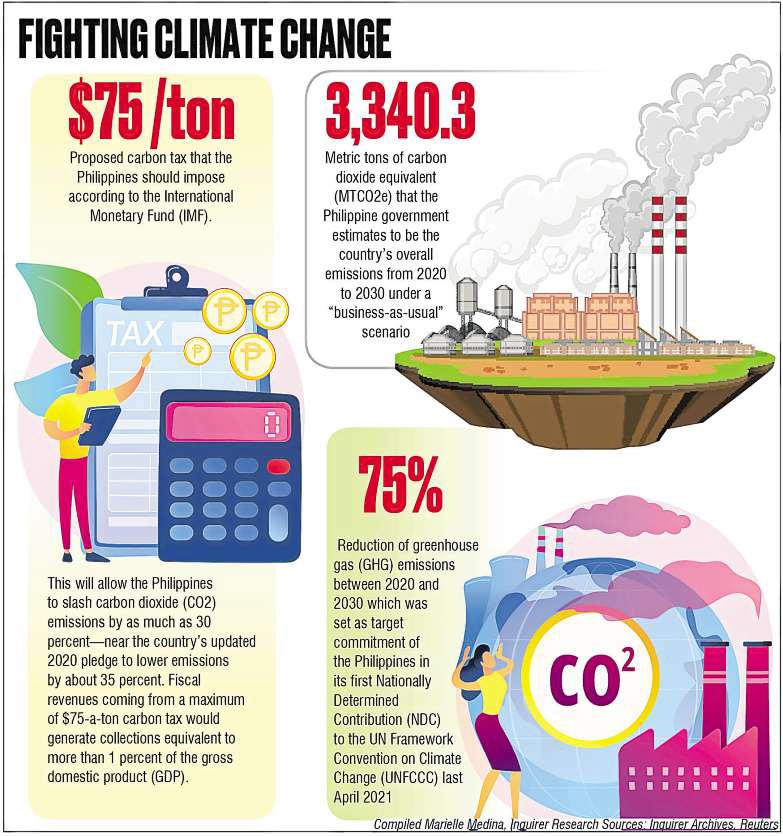The fight against global warming
Achieving carbon neutrality and/or net zero emissions has become the goal of many corporations today as the world continues to fight global warming.
Carbon dioxide levels remain at record high and the warning signs have become increasingly evident—from the hottest recorded temperatures in the past decade to the lowest level of Arctic sea ice. Findings of the United Nations showed that unless fossil fuel production decreases by 6 percent every year between 2020 and 2030, things will only get worse.
A 2020 study by the non-governmental organization Oxfam and the Stockholm Environment Institute further revealed that the richest 1 percent of the world’s population (around 63 million people) are responsible for 15 percent of all greenhouse gas emissions.
Carbon neutrality
Achieving carbon neutrality is now more urgent than ever. Accomplishing this by 2050 is one of the main objectives under the 2015 Paris Agreement on climate change. But what do efforts like this mean?
Carbon neutrality does not refer to the absence of greenhouse gases, but a balance between the amount of carbon emitted and the amount absorbed by ecosystems that acts as the planet’s natural carbon sinks like forests, grasslands, soils and oceans.
To date, the most popular strategy adopted by many companies in the bid to achieve carbon neutrality is carbon offsetting, which aims to counterbalance emissions from one sector with reductions elsewhere.
Natural sinks, which remove between 9.5 and 11 gigatonnes (Gt) of carbon dioxide annually, are commonly used in offsetting. But because global warming has increased the risk of forest fires, using natural sinks now has its limitations.
Net zero carbon
Carbon neutrality and net zero goals of companies both reduce their carbon footprint, but while “carbon neutrality” refers to the balance of the total amount of carbon emissions, “net zero carbon” means making changes to reduce carbon emissions to the lowest amount and only offsetting as a last resort.
Additionally, Berlin-based sustainable company Plan A said “net zero carbon” means not emitting carbon in the first place, so that no carbon would have to be removed or offset. Companies that do not use fossil fuel and run entirely on solar energy may label themselves as “zero carbon.”
Vulnerable nation
The Philippines, despite its marginal contribution to world emissions, is one of the most vulnerable nations to the unfolding climate crisis. Limiting global temperature rise to within 1.5 degrees Celsius is imperative as the future of humanity itself is at stake.
Property giant Ayala Land Inc. is the first real estate company in the Philippines to pledge carbon neutrality. In 2017, the company unveiled an ambitious program to achieve neutrality by 2022 through reduction of greenhouse gas emissions in its commercial properties. It remains on track to achieving its goal.
Ayala Land pledged to offset the amount of carbon dioxide released by its various commercial properties into the atmosphere with initiatives such as passive cooling design, energy efficiency, renewable energy sourcing and other carbon offset mechanisms such as forest regeneration and protection.
Sources: Inquirer Research, Un.org, Plana.earth, Ec.europa.eu, Ayalaland.com, Climateseed.com, Newcivilengineer.com


